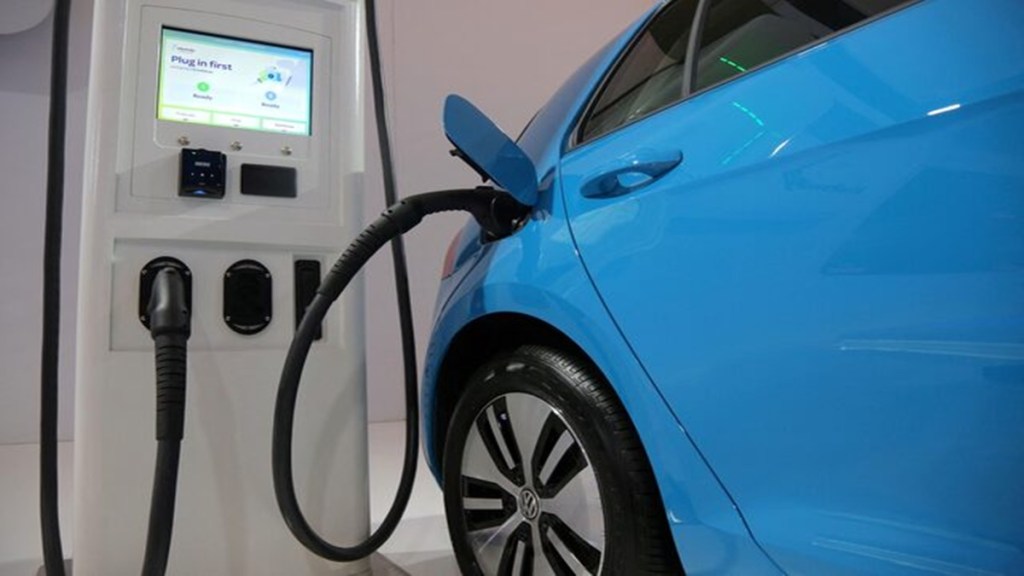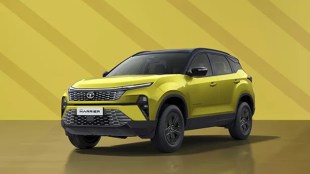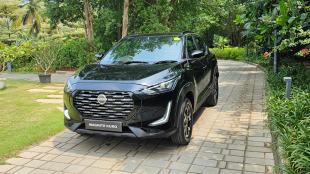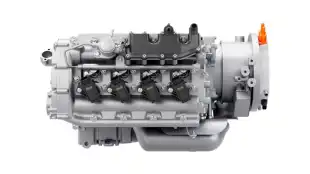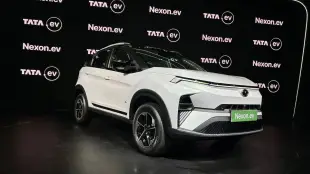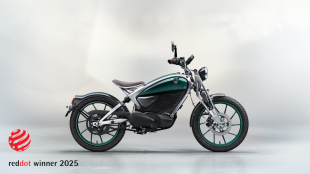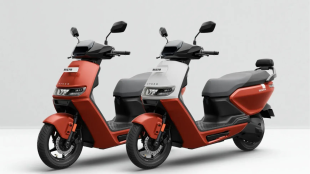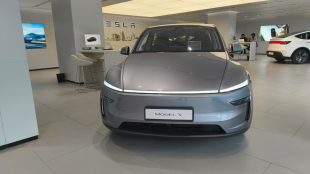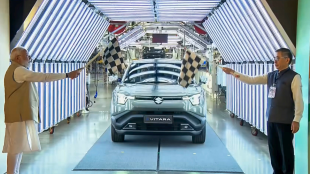Until a couple of years ago, it was certain that electric vehicles (EVs) would be the future mobility solution for the entire planet. However, sales of EVs have witnessed a sharp decline in recent years. It was previously conceived that Europe will be the biggest centre of transition from combustion engine vehicles to EVs, but as things turned out, Europe has seen the sharpest decline in EV sales over the past one year.
A new report highlights that Europeans are actually more reluctant to switch to EVs than Americans. A recent survey by Shell indicates that drivers are increasingly hesitant to transition from combustion engines to electric vehicles, with this trend being more evident in Europe than in the United States.
The report is part of a survey which involved 15,000 respondents across 9 markets including the core markets of USA, China and Europe (comprising the UK, Germany, and Netherlands) and four additional markets (Singapore, Australia, Greece and Denmark that were not contained in the global findings). The report states cost of EVs to be the main obstacle for adoption of EVs.
For reference, EVs are on average up to 30% more expensive than internal combustion engine cars. Around 60 percent of the total cost of an EV goes into making and assembly of batteries.According to the IEA’s Global EV Outlook 2025, vehicle prices in Europe have remained stagnant despite declining battery costs, with high energy bills and broader economic challenges potentially influencing consumer sentiment.
Sharing his thoughts on the report, David Bunch, Group Executive Vice President of Shell Mobility & Convenience said, “While current EV drivers are feeling more confident, the relatively high cost of owning an electric vehicle, combined with broader economic pressures, are making it a difficult decision for new consumers.”
Mixed Support for Phasing Out Traditional Fuel Vehicles
Demonstrating a strong commitment to electric mobility, 91% of current EV owners (including both Battery EV and Plug-in Hybrid EV drivers) say they would consider purchasing another electric vehicle as their next car. However, support for policies aimed at phasing out internal combustion engine (ICE) vehicles remains mixed.
In the United States, 46% of petrol and diesel car drivers support such measures, while in Europe, the figure stands at 44%. This support appears contingent on certain conditions: only 56% of ICE phase-out supporters would maintain their backing if EV prices remain higher than conventional vehicles, and just 50% would continue their support if charging infrastructure fails to improve.
When it comes to charging infrastructure, only around half of European drivers observed improvements in public charging over the past year — a figure that lags behind China’s 74% and the United States’ 80%. Furthermore, just 17% of European drivers felt that public charging offered good value for money, compared to 69% in China and 71% in the U.S.
